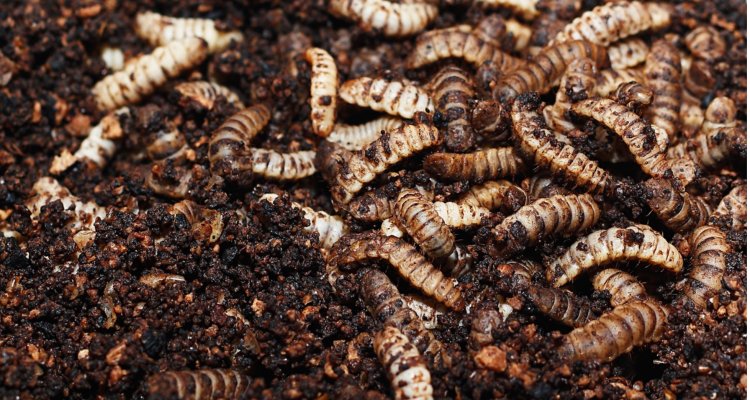One of the world’s least favourite insects has given Fly farmer Maltento a stellar reputation within the agri-tech and pet food industry. From breeding black soldier flies in a household bathroom to a full-fledged fly farm in Cape Town, Maltento has unveiled a new world-class high-tech laboratory at its breeding facility.
The laboratory has been built to expand Maltento’s research on insect biotechnology and aims to position the company as a leader in the functional ingredient and sustainability space.
Lead scientist Ryan Ponquett said the fly farm has taken a significant stride to disrupt the status quo in the pet food industry with this investment by pioneering a new pet food ingredient that ‘holds the promise of being undeniably better, far more sustainable and scientifically superior for our pets and the planet’.
The lab’s unveiling follows a positive validation trial for Maltento’s PALATE+ product in the US market.
‘Our product development continues to accelerate at unprecedented levels and we are proud to fly the South African flag so prominently in such a competitive global arena,’ says Commercial Director Dominic Malan.
He adds that the development is the result of years of research and dedication.
‘We started this operation in a small, dark office. Before that, Dean (Smorenburg, CEO) was breeding black soldier flies in his bathroom at home. Standing in a world-class laboratory, fully equipped with state-of-the-art equipment, is a real privilege.’

Ponquett explains that Maltento breeds black soldier flies (a mimic-fly that resembles a wasp more than a housefly) to convert agro-processing waste, including spent grains from the beer industry, into nutrient-dense proteins and oils for pet and aquaculture feed. The grain is used as feed that is ingested by fly larvae at the farm.
‘This agro-processing waste actually enriches the larvae’s natural ability to produce functional proteins, healthy fats and essential amino acids, making mature larvae an ideal protein substitute for the meat derivatives you find in pet food today,’ says Ponquett.
‘Beyond protein, soldier fly larvae also produce frass as a useful by-product through their excrement of the spent brewery grains.’
He added that frass serves as an excellent composted soil amendment product due to its substantial nutritional value, which is capable of enhancing soil fertility, building plant immunology, promoting nutrient cycling and improving soil structure.
The Cape Town-based team serves as a testament to the quality of South Africa’s highly skilled scientists and engineers, leading sustainability practices and world-renowned innovation in the insect biotechnology space, offering both an attractive solution to the future proofing and localisation of feed ingredients and as a solution to organic waste.
ALSO SEE: Naturally pest-free: 9 herbs to grow to keep pests at bay
Article originally written and published on Cape {town} Etc.
Feature image: Supplied


